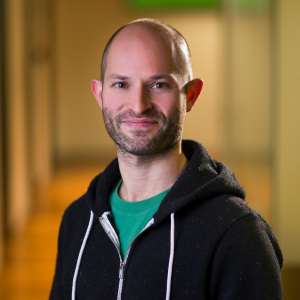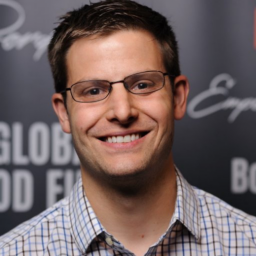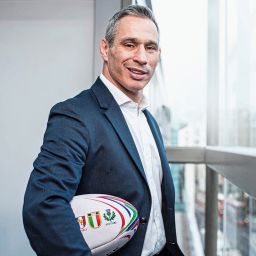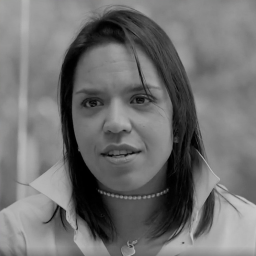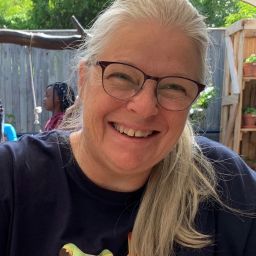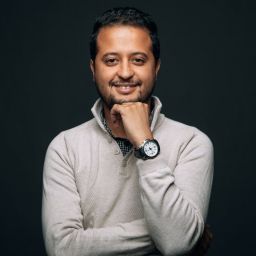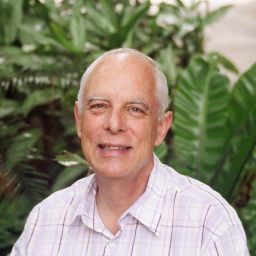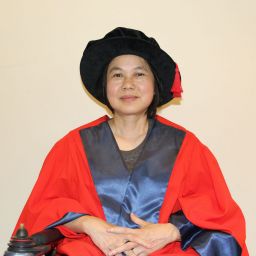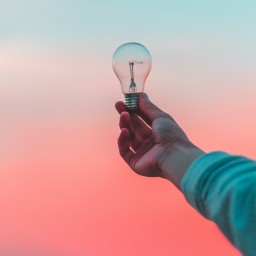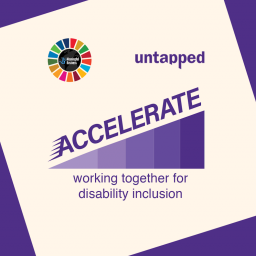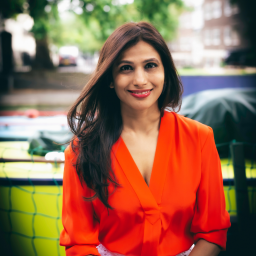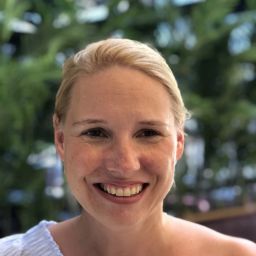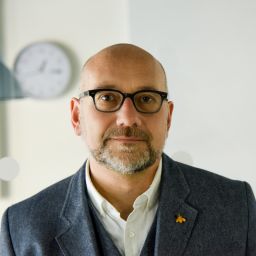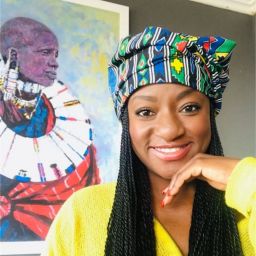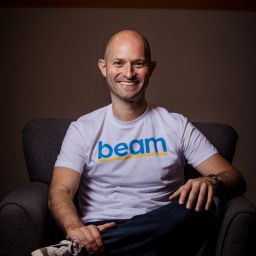As we look towards the Tokyo 2020 Paralympic Games later this month, athletes are of course focused on delivering their best performances. However, many Paralympians, past and present, have another (bigger) purpose: to address the UN Global Goals.
These athletes are demonstrating how inclusion and independence for people with disabilities is central to achieving them.
Delivering healthy food and opportunities
Gold medalist Dylan Alcott OAM, who will be competing for Australia in wheelchair tennis in Tokyo, is a passionate disability advocate. He set up the Dylan Alcott Foundation to eliminate entry barriers to sport and education for young people with disabilities through mentoring grants and scholarships.
Dylan also founded Able Foods, aimed at shaking up the ready-made meal space in Australia. Able Foods delivers fresh meal options, snacks and fruit, including texture modified meals, specifically to help people with disabilities lead healthier and happier lives. They employ people with disabilities throughout their business, and advocating for the disability community and challenging convention are vital parts of their mission.
Education and legacy
Three-time winter Paralympic gold medalist for Japan in ice sledge speed racing, Miki Matheson is a member of the International Olympic Committee (IOC) Education Commission and the International Paralympic Committee (IPC) Education Committee.
Miki has been instrumental in creating the IPC teaching and learning toolkit “I’mPOSSIBLE,” and rolling it out across Japan and around the world, helping children cultivate a mindset of good self-esteem, respect for others and inclusivity.
She believes there should be a clear roadmap for creating Paralympic legacies, something Global Disability Innovation Hub, Loughborough University London, the IPC, the University of Malawi and Hogan Lovells are aiming to address with the Para Sport Against Stigma project.
The project will build on the success of I’mPOSSIBLE in Malawi which has reached over 100,000 children in 50 schools.
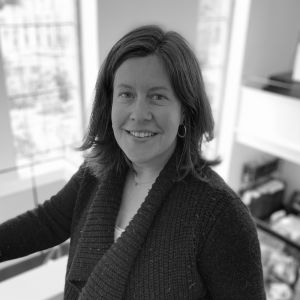
Anna Parisi, Co-Founder, Untapped
Overcoming stigma
Para Sport Against Stigma will use the Paralympic Games to challenge discrimination and drive inclusion across society in Africa, where stigma towards people with disabilities results in continuous human rights violations, whereby access to education, employment, health care and sport are denied.
The project will deliver free-to-air coverage of the Tokyo 2020 Paralympic Games in Sub-Saharan Africa, bringing Paralympic sport to over 150 million people for the first time.
It will be followed up by research into how representation, education and communication in Para sport can break down barriers to stigma and support access and adoption of assistive technology – essential to meeting the human rights of people with disabilities by enabling them to get to school or work, to access healthcare, engage with their communities and take part in physical activity.
Just by being at the Tokyo 2020 Paralympic Games, athletes from Africa will be helping to dispel stigma and improve the lives and opportunities for people with disabilities. These include Monica Munga, the only Para athlete competing for Zambia in Tokyo this year and who will be featured in an upcoming TV series.
“I want to serve as an inspiration for all the disabled people in my country.” Monica Munga
Motivational mentoring
Watching the action in Tokyo from afar will be British athlete Andy Lewis MBE, who won triathlon gold in Rio. Today Andy’s focus is on using his own experience of physical disability, mental health struggles and the power of sport to help others.
Co-Founder of Bespoke Mentoring he is now working with businesses, schools and charities to pass on his tools and coping strategies for wellbeing and adopting a positive mindset. He knows, from first-hand experience, that motivation, resilience and focus are the keys to success, especially when facing adversity. He also knows how important being given the chance to participate in sport is, and in 2018 organised ‘It’s fun to tri,’ encouraging local school children to get involved in triathlon.
These examples show that there are so many ways Paralympians can use their experience, influence and passion to help others, and illustrate how involving disabled voices is essential for every purpose-led organisation working towards achieving the UN Global Goals.
___
TO JOIN THE ‘Regenerate’ COMMUNITY of leaders championing the circular economy globally, APPLY TO BECOME A MEMBER OF MEANINGFUL BUSINESS HERE


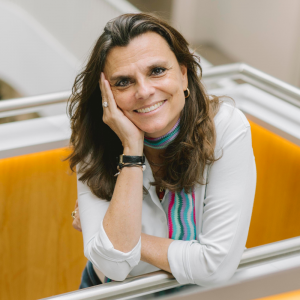
![Introducing Accelerate - Working Together for Disability Inclusion Accelerate_social_tile_1d[4]](https://meaningful.business/wp-content/uploads/2021/03/Accelerate_social_tile_1d4-300x300.png)
